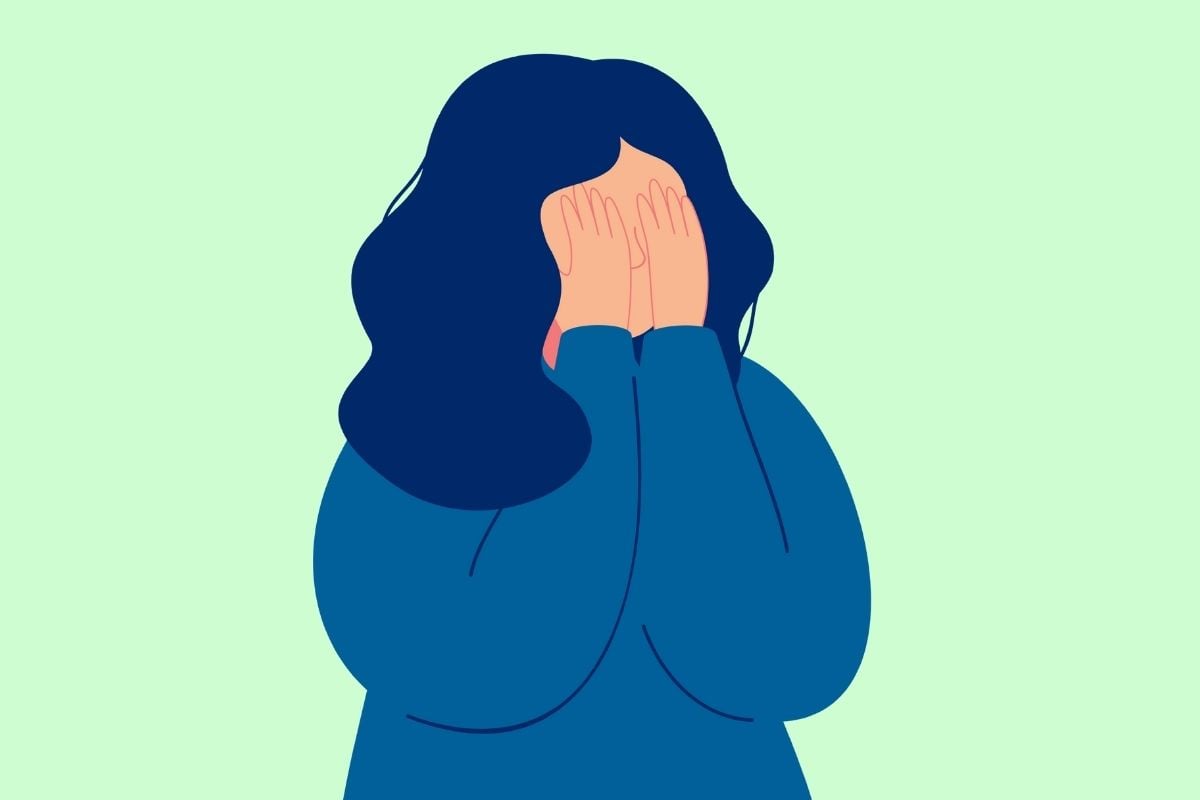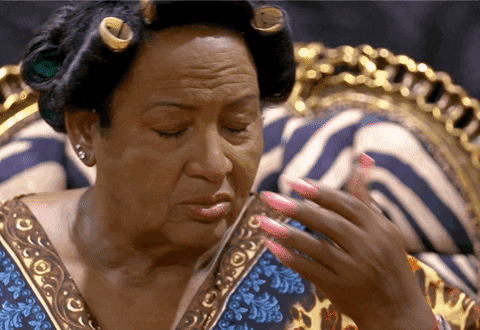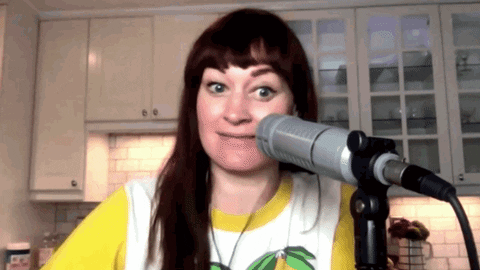
Think of the worst, most embarrassing thing that's ever happened to you. Are you picturing it? It's... bloody uncomfortable to look back on, isn't it?
It might be that time your date completely ghosted you. When you had to do a work presentation, choked up, and had to sit down. That time your skirt rolled up underneath your bag and you flashed a whole bus full of people...




